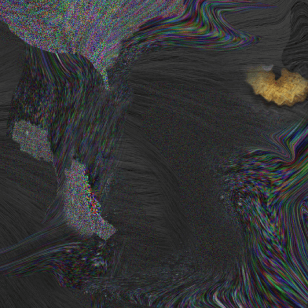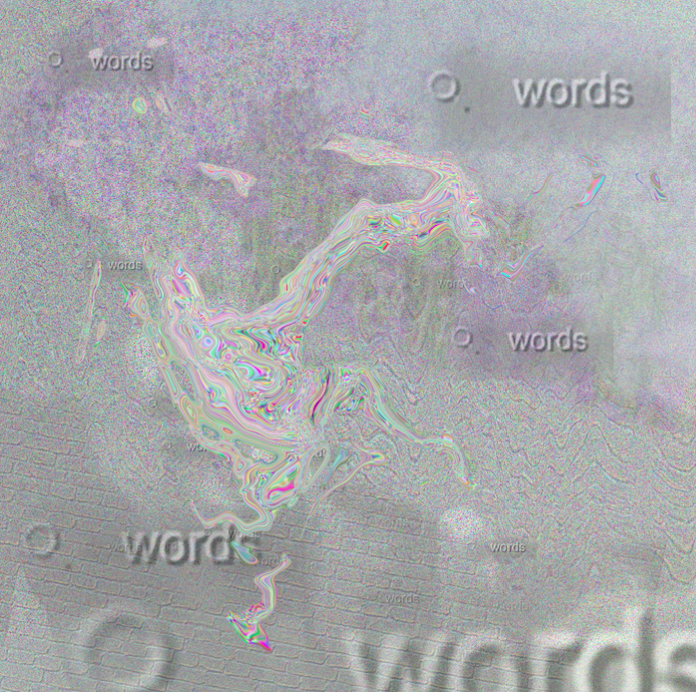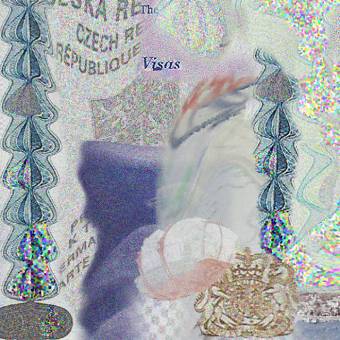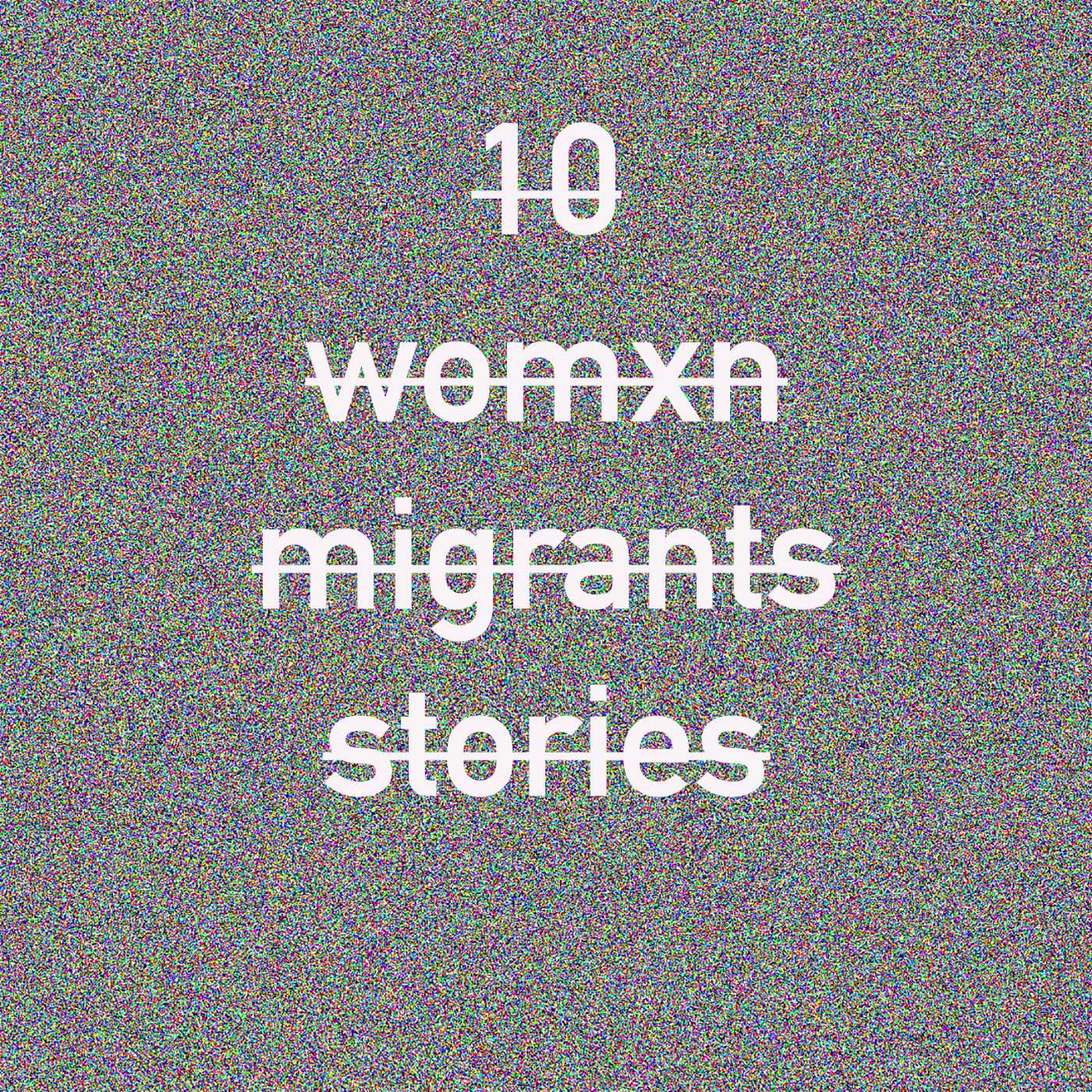things i am not
STORIES
LISTEN TO MIGRANT WOMXN
Here are all of the stories we’ve made, beginning with the most recent.
To get all the latest episodes as soon as they’re released, subscribe to our podcast.
way to becoming
by sabrina richmond
“When a Black African migrant woman is in a relationship with a white man, the organ on her body that society gives its highest attention to is her vagina. On the one hand, everytime me and my ‘white lover’ make love, I am not me and he is not him. I am Africa allowing itself to be taken by settler Europe.”
Rich, complex and fearless, “Way To Becoming” by Sabrina Richmond deals with the black woman’s body as a site of pleasure and contestation. Charting the journey – physical, professional and personal – of a life lived in many countries and their attendant assumptions, Sabrina’s perceptive and deeply human work is an embodied investigation of what we lose, what we bring with us and how important it is to keep asserting – and embracing – the many things we are, not just for ourselves, but for the societies in which we live.
i’m not into politics
by Mai Weisz
“I’m not into politics / naively I used to say / not realising that everything is political or – a better way to put it – politicised.”
Intense and personal, “I’m Not Into Politics” by Mai Weisz navigates an uneasy terrain of geopolitics and interpersonal relations. Shot through with love and fear, the monologue contends with divisions and the quest to overcome them in a world increasingly invested in labels and categorisation. As individuals, can we swap seemingly intractable opposition for an alternative, more liminal space full of possibilities? Could London be a place that makes that possible?
i’m not ok
by Inyoung Lee
“I miss my mom. I can’t sleep. I can feel my tears running down my cheeks.The English sentence I speak most frequently is ‘I’m sorry’. But you know what? I’m not sorry. It’s not my fault.”
As migrant women, how often do we feel forced to pretend that we are fine when we are actually hurting inside?
Inyoung Lee’s moving and ironic piece is both a quiet explosion of anger and a love letter to a country that, like a duplicitous lover, has first enticed and then rejected its protagonist. Her clear, simple prose goes straight to the heart, also touching on the stereotypes and racist assumptions specifically directed at East Asian women.
Strategy of rupture
by Yasmeen Audisho Ghrawi
“This is the ultimate act of compassion, and our bravest encounter. To be and bear witness to our being.”
Yasmeen’s monologue isn’t for the faint-hearted. Her raw, honest, and fierce prose evokes a painful and shocking journey – real and metaphorical – into the darkness and beyond. A young woman’s encounter with the violence of war, and a refugee’s encounter with daily stupidity, xenophobia and bigotry, in search of a place to breathe.
***TRIGGER WARNING: Contains noise of explosions, bombing and sexual references.
Shapeshifting
by Lara parmiani
“Somebody once told me people who migrate are like tortoises, struggling under the weight of that home they take with them everywhere they move to. I’m not sure it’s right. I think we leave bits of home along the way, we shed them like skin, scatter them and in the end, we just have a skeleton left. Bones. Random bits, mixed with new bits we have picked en route without noticing. And one of those bits we shed is words.”
Language shapes us from the moment we’re born, offering us concepts and tools for articulating who we are and what kind of future we’ll have. What happens, though, when the bond between native language and speaker loosens enough to let another language in? Passionate and frank, Lara Parmiani’s “Shapeshifting” explores the freedom and fragmentation of a life lived in a state of limbo, where one is never fully here nor there.
Uncensored
by Gaël Le Cornec
“Apologising is an excellent survival strategy on this side of the ocean. You can do anything you want, say sorry, and you’ll be okay. Starting wars in distant nations, stealing Islands on the Argentinian coast, financing slave plantations in the Caribbean, just say sorry and guess what? Consequences? You don’t have to live with them.”
A series of disastrous “romantic” encounters offer insights into the way migrant women’s bodies are exoticised, sexualised and even targeted as easy prey by random passersby. How do relationships and power dynamics between countries and cultures shape our responses to one another and find their way into the bedroom? In “Uncensored”, Gaël Le Cornec offers a darkly witty glimpse into the challenges of seeking intimacy while foreign.
WARNING: Contains swearing and scenes of sexual nature
Both/And
by Becka McFadden
“My relationship must be articulated through official language. My relationship must exist in an officially recognised structure. My feelings on these matters, like the private nature of my photos, my phone records, are irrelevant.” What happens when the third person in your relationship is UK Borders and Immigration? In “Both/And,” Becka McFadden addresses the disconnect between the complex nuances of identity and relationships and bureaucracy’s blunt instruments. Ironic, moving and witty, this story asks if it’s possible to make space for “both/and” in a world designed for “either/or.
the other
by Miray Sidhom
“I am a dichotomy / In botany that means a branch splitting into two equal parts / I hold memories of being whole.” In this spoken-word piece, Egyptian-born Miray Sidhom contemplates a life between two countries, two languages and two cultures. Does migrating as a child mean she’s destined to always be “other”? Poetic and thought-provoking, “The Other” asks where home is, and maybe even starts to build one.
how
by Lanna Joffrey
“How strange/horrific to flee to the country that caused you to flee in the first place.” A casual dinner party question catalyses Lanna Joffrey’s exploration of how her personal history intersects with Iran’s. How is she here? The reply may not be the answer you’re expecting. Bold, witty, heartbreaking and raw, “How” is an unmissable piece about longing and loss.
THINGS I AM NOT
by Emmanuela Lia
Things I am Not is the monologue that inspired our series and gave it its name. Written by Emmanuela Lia during the first pandemic lockdown in the spring of 2020, it is an ironic, gentle, heartfelt invitation to listen to the narrator as a woman with a unique and complex story, not just someone with a foreign accent.










